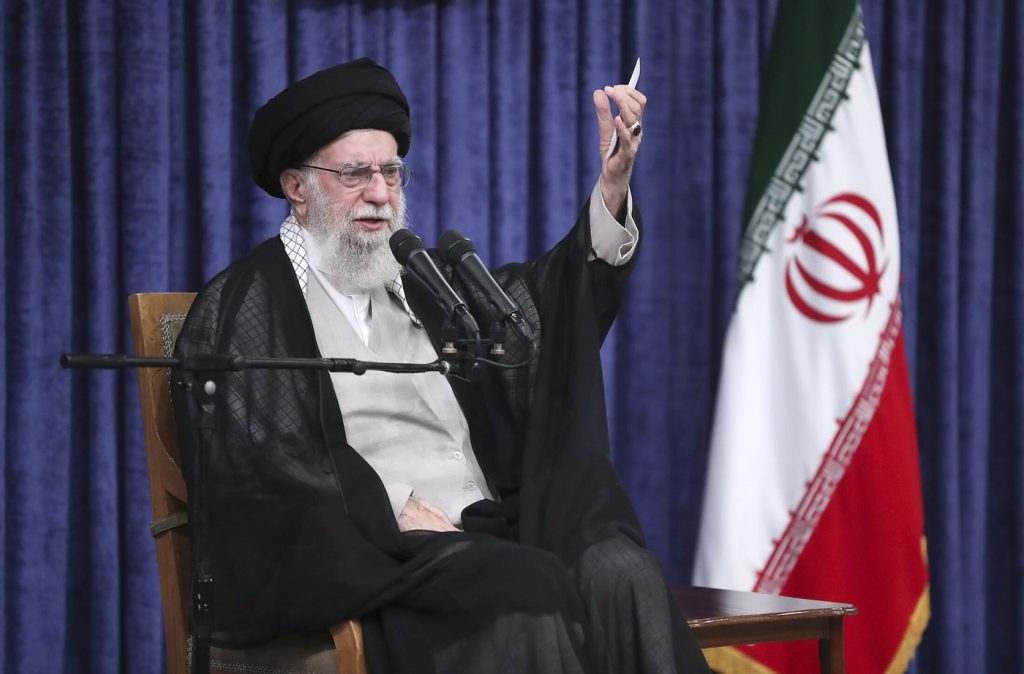The United States, alongside several NATO allies, has publicly condemned Iran for what they describe as a rising wave of threats against individuals within Europe and North America. In a joint statement released on Thursday, these nations called for an immediate cessation of Iran's efforts to harm dissidents and other targeted individuals.
The statement emphasized a collective stance against the actions of Iranian intelligence agencies, which are accused of attempting to assassinate, kidnap, and intimidate people in violation of the sovereignty of nations. “We are united in our opposition to the attempts of Iranian intelligence services," it stated, "to kill, kidnap, and harass people in Europe and North America." The accusation extends to claims that these intelligence services are increasingly collaborating with international criminal organizations to target a range of individuals, including journalists, dissidents, Jewish citizens, and current and former officials.
The nations signing the statement included NATO members such as Albania, Belgium, Britain, Canada, the Czech Republic, Denmark, Finland, France, Germany, the Netherlands, Spain, Sweden, and the United States. Austria, a non-NATO member and the location of the U.N. nuclear watchdog, also endorsed the statement. The agreement underscored a commitment from these governments to work collaboratively to thwart any Iranian plots while demanding that Iran cease these illegal actions on their territories.
While the statement did not specify particular incidents of concern, it acknowledged longstanding warnings from the U.S. and allies regarding Iranian-sponsored plots on Western soil. British intelligence officials have raised alarms about the increasing scale of threats believed to be emanating from Tehran, particularly in Britain. Notably, three alleged Iranian spies are currently facing charges for conducting surveillance on and plotting violence against journalists based in the U.K. associated with an Iranian media outlet.
Earlier this month, the U.K. Parliament's Intelligence and Security Committee described Iran as “posing a wide-ranging, persistent and unpredictable threat to the U.K.” The breadth of this threat was underlined in early July when German prosecutors reported the arrest of an individual suspected of gathering intelligence on Jewish locations and individuals in Berlin, ostensibly for Iranian intelligence purposes, potentially with an intent to stage attacks.
Amidst these threats, the Trump administration had earlier this year rescinded government-funded protection for several former officials from his administration, including John Bolton, Mike Pompeo, Brian Hook, and various military officers. This protection, which had been extended during the Biden administration due to identified threats from Iran, had previously been in place to safeguard these individuals from potential Iranian reprisals.
The heightened tensions and accusations mark a significant moment in Western-Iranian relations, reflecting an ongoing concern regarding Iran’s regional and international activities, particularly those perceived as hostile or threatening toward dissidents and foreign nationals.
In summary, the collaborative stance taken by the U.S. and its NATO allies underscores a unified approach toward addressing what they view as Iranian aggression across Europe and North America.










